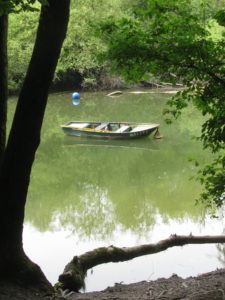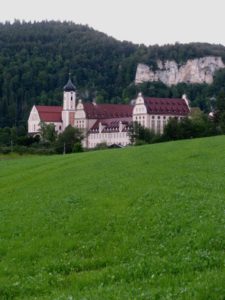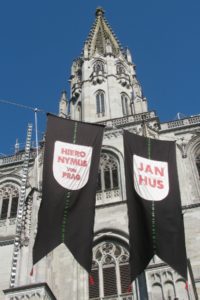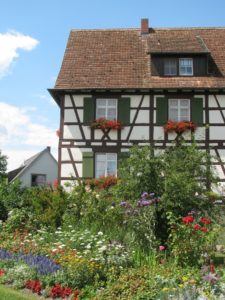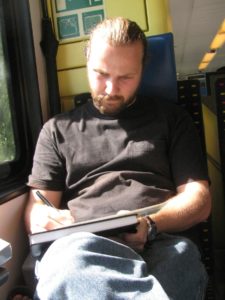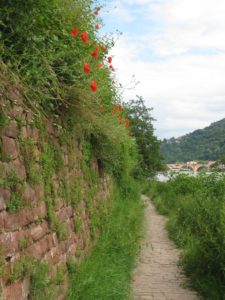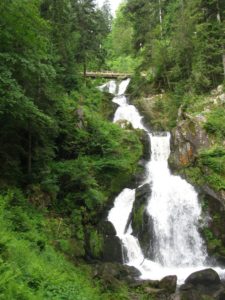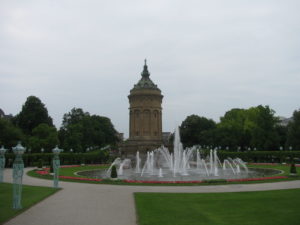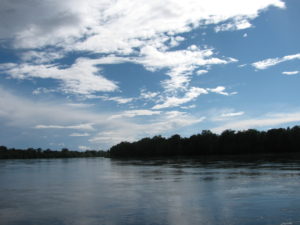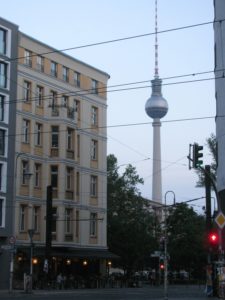Now that I have been back in the United States for about a month, I’ve taken some time to reflect on my SLA grant experience:
Even though I’ve studied languages in school since the fourth grade, this summer was my first experience of immersion in a foreign language environment. Unsurprisingly, the this made a significant difference in my language learning. At the beginning of the summer I could basically order food in a restaurant, with some effort; by the end of the summer I could navigate most daily situations once would encounter, and carry on a basic conversation without hesitation. The key to my learning was being willing to jump into conversations with native speakers in order to learn, knowing I would make mistakes. It was a choice I had to make everyday. Looking back on my learning goals, I believe I’ve met each one to varying degrees. Although I am still developing my translation skills, I am much less phased by complex paragraphs and sentences than previously. I can definitely carry on a basic conversation with a native German speaker. And I was able to travel a great deal of southwestern Germany, so I have a better sense of the landscape and culture of the area I study for my research.
I’d travelled and studied abroad before, but never in continental Europe. Being in Germany, especially during a summer full of major political events (Brexit, the US presidential election, the failed coup in Turkey, violence in both the US and Europe), was eye-opening. The geographical and cultural situation of the US can be isolating in terms of larger political developments. In Europe, this is simply not possible. What’s happening in another country directly affects the country you are living in, and you can’t avoid awareness of this. I’d encourage those applying for the SLA of preparing to study abroad to enter not just into the language but also the culture and politics of place they are studying. However, don’t get so caught up in following politics on the internet that you don’t actually go outside and enjoy being in a different place!
I plan to continue developing my German so that I can use it to discuss German language literature in my dissertation. I am currently taking a advanced German for research class here at Notre Dame, and will start digging into the texts relevant to my dissertation in the next year. I am also keeping up my conversational skills by practicing with my roommate, who is a native German speaker, and taking advantage of the many opportunities the German department at Notre Dame offer for conversation practice. Overall, the SLA grant has inspired and enabled me to push my research in new directions I’d never expected before.
